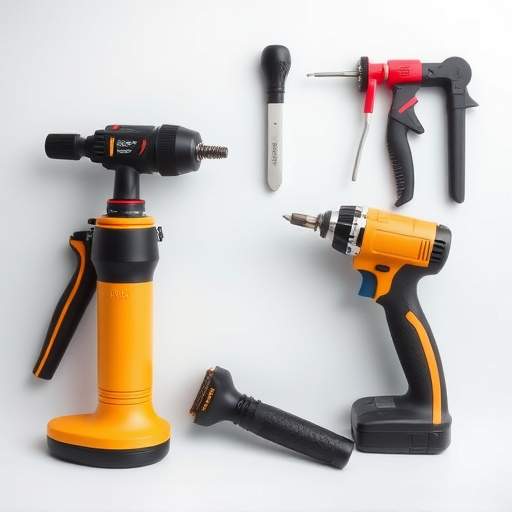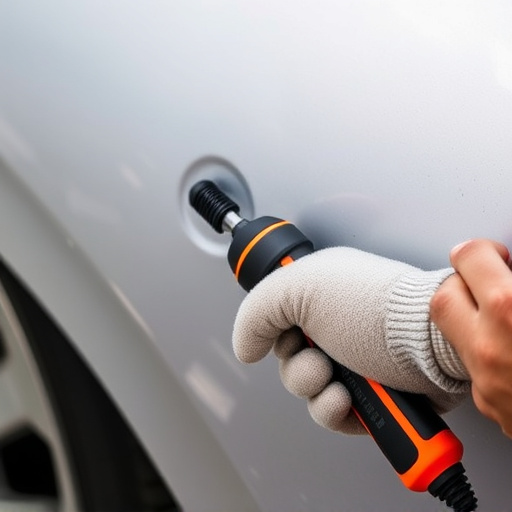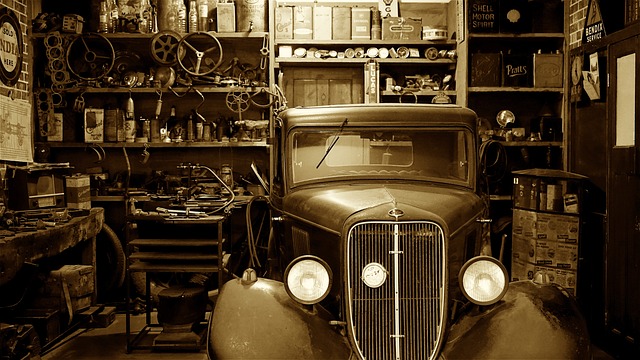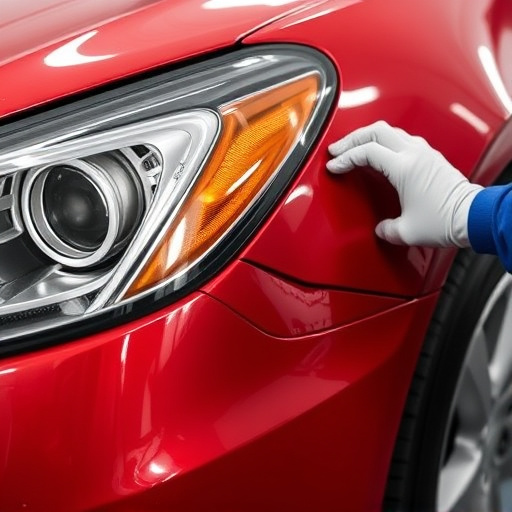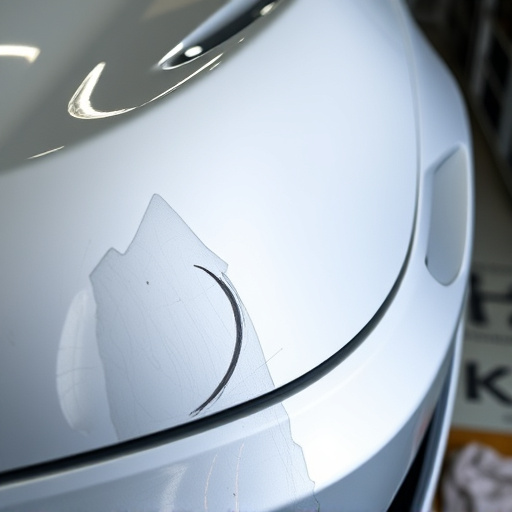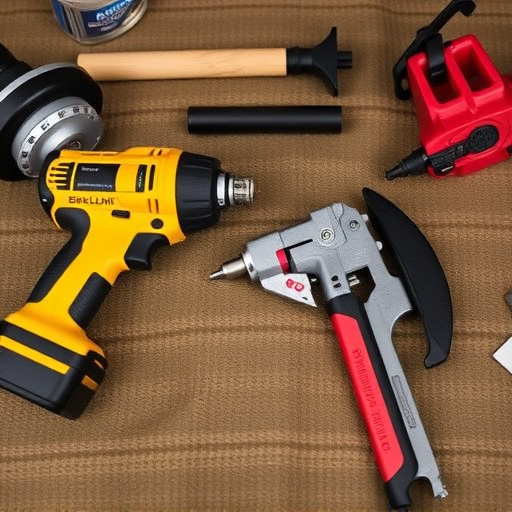Calibration tools collision are essential for accurate and efficient collision repair, ensuring quality, safety, and cost-effectiveness. These specialized devices provide precise measurements for damage assessment, aligning with insurance standards and streamlining claim processing. By leveraging advanced technology, auto body shops can quickly restore vehicles to pre-accident condition, reduce downtime, and enhance customer satisfaction in the competitive automotive market.
Insurance companies rely on shops equipped with calibration tools for accurate collision assessment, a critical aspect of their claims process. These tools enable detailed and precise measurements, ensuring fair compensation for policyholders. In an industry where every detail matters, calibration tools play a pivotal role in mitigating risks, streamlining operations, and maintaining trust. This article explores the significance of advanced calibration technology in enhancing insurance efficiency while upholding integrity throughout collision assessments.
- Understanding Calibration Tools and Their Role in Insurance Claims
- The Impact of Accurate Collision Assessment on Insurance Processes
- Enhancing Shop Efficiency with Advanced Calibration Technology
Understanding Calibration Tools and Their Role in Insurance Claims
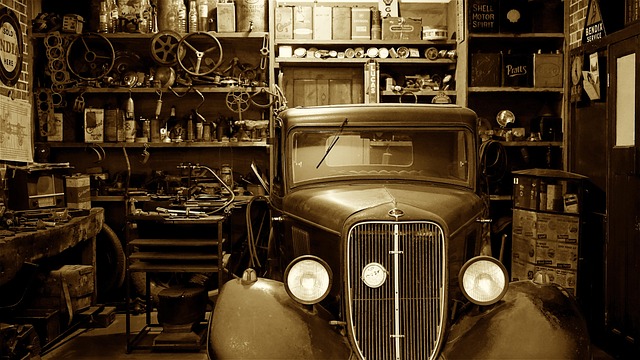
Calibration tools play a crucial role in the collision repair industry, ensuring that auto body shops and fender repairs meet the highest standards of quality and safety. These specialized tools are designed to accurately measure and adjust various components of a vehicle, from frame alignment to glass positioning. In the context of insurance claims, having access to calibration tools is essential for several reasons.
Accurate calibration guarantees that auto glass repair and fender repair processes are carried out precisely, ensuring the safety and integrity of the vehicle post-repair. Insurance companies rely on these measurements to assess damage, validate repairs, and prevent fraudulent claims. By utilizing calibration tools, collision capabilities in auto body shops increase, enabling them to handle complex repairs efficiently, thereby reducing claim processing times and costs for both insurers and policyholders.
The Impact of Accurate Collision Assessment on Insurance Processes

Accurate collision assessment is paramount in insurance processes, ensuring fair claims settlements and efficient claim handling. When a vehicle sustains damage, whether from an accident or minor scrapes like car scratch repair, precise estimation of the extent of harm is crucial. This involves detailed inspections using specialized calibration tools collision capable of measuring deformations, cracks, and other structural inconsistencies. Without these tools, assessing auto body work becomes subjective, leading to potential disputes between insurers and claimants.
Proper evaluation enables quick processing of claims, expediting car damage repair. Insurers can swiftly determine the cost of repairs, replace parts, and get vehicles back on the road faster. This benefits both parties—policyholders get the support they need for auto body work, while insurers streamline their processes, reducing administrative burdens. Ultimately, accurate collision assessment fosters trust between insurers and policyholders, ensuring a seamless experience during what could be an otherwise stressful event.
Enhancing Shop Efficiency with Advanced Calibration Technology

In today’s competitive automotive industry, shops that offer calibration tools for collision capability are at a significant advantage. Advanced calibration technology plays a pivotal role in enhancing shop efficiency and ensuring precise, high-quality collision repairs. By investing in state-of-the-art calibration equipment, auto collision centers can streamline their processes, reduce errors, and ultimately deliver superior customer satisfaction.
These tools enable collision repair specialists to accurately measure and adjust various components of car bodywork, such as panels, frames, and suspension systems. This level of precision is crucial for restoring vehicles to their pre-accident condition, maintaining safety standards, and preserving the overall value of the vehicle. Moreover, calibration tools streamline the alignment process, minimizing downtime and maximizing throughput at collision repair centers.
Insurance companies heavily rely on accurate collision assessments for efficient claims processing. This is where calibration tools collision play a pivotal role, ensuring that repair shops have the necessary equipment to provide precise estimates and repairs. By embracing advanced calibration technology, insurance providers can streamline their processes, reduce costs, and enhance customer satisfaction through faster claim settlements and higher quality repairs.
